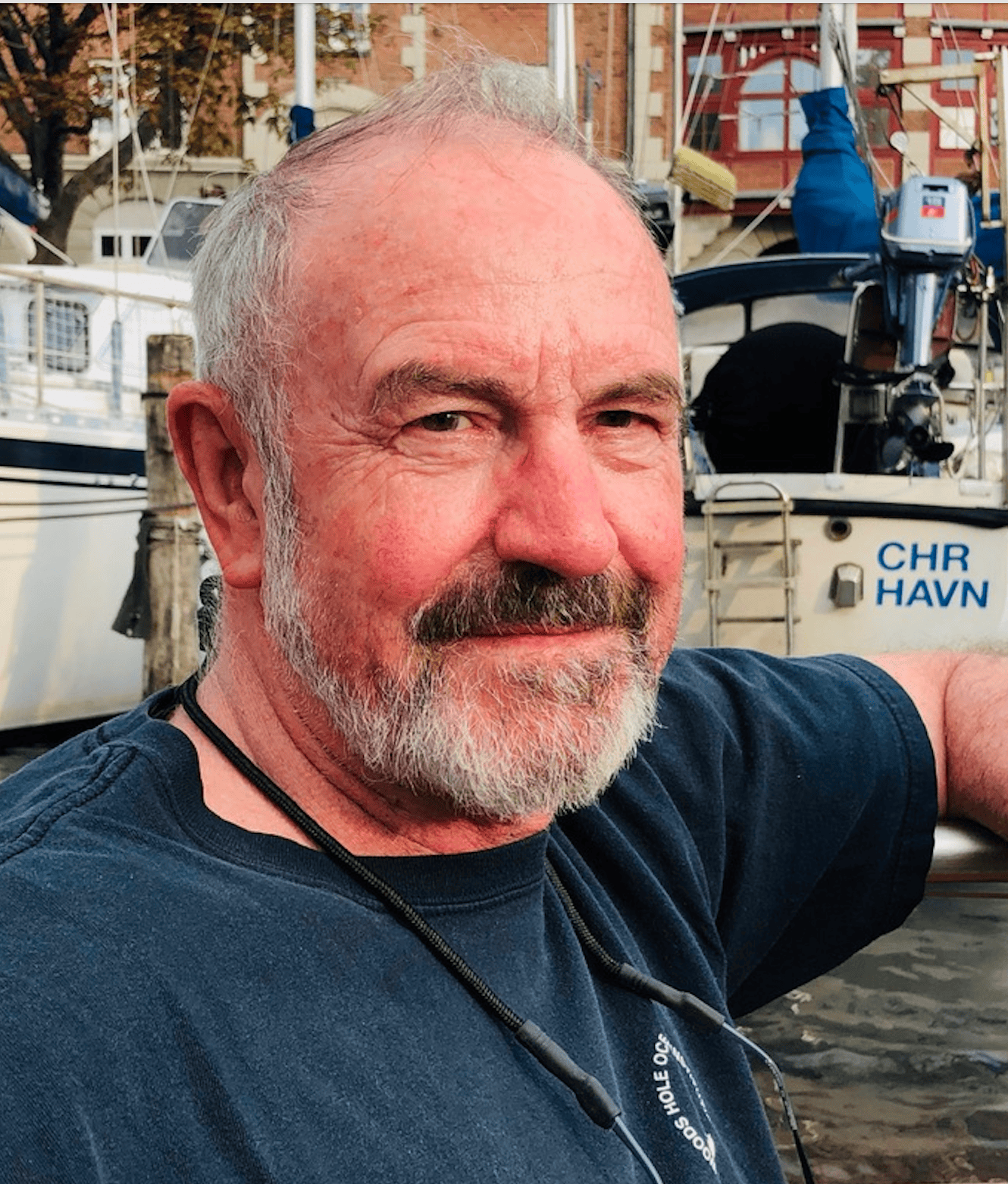Biosketch
Roger Summons is a biogeochemist who studies molecular and isotopic fossils to illuminate the history of life on the Earth. He was born in Sydney and attended Lithgow High School in the Blue Mountains to its west. Summons attended the University of New South Wales at the Wollongong University College, now the University of Wollongong, where he was awarded B.Sc. (1969) and Ph.D. (1972) degrees in chemistry. After postdoctoral work in the Genetics Department at Stanford University, he held positions at the Australian National University and Geoscience Australia before joining MIT as Professor of Geobiology in 2001. In 2003, he received the prestigious Alfred Treibs Medal of the Geochemical Society, and in 2008 he was awarded the Alexander von Humboldt Foundation Research Award. He is a fellow of the Australian Academy of Science, the American Geophysical Union, The Royal Society of London, the American Academy of Microbiology and is a member of the National Academy of Sciences.
Research Interests
Members of the Summons Lab study molecular and isotopic biosignatures present in microbial cultures, environmental samples, modern sediments and ancient sedimentary rocks in order to better understand the co-evolution of life and the Earth's surface environment. Ancient rocks and oils contain an abundance of information hidden within, including aspects of the organisms that existed at the time the organic matter was formed, which Summons exploits in his analysis. Most recently, Summons and his colleagues have focused on the biosynthesis of polyisoprenoidal lipids and the phylogenomics of their biosynthetic pathways. The overall aim of this work is to discern clues about the nature of early life on the Earth and the environmental transitions that permitted the development of complex life.
Membership Type
Member
Election Year
2020
Primary Section
Section 15: Geology
Secondary Section
Section 63: Environmental Sciences and Ecology
